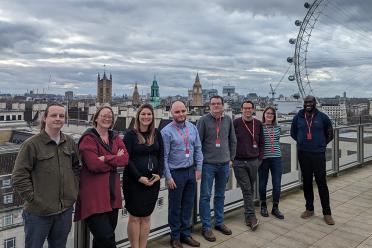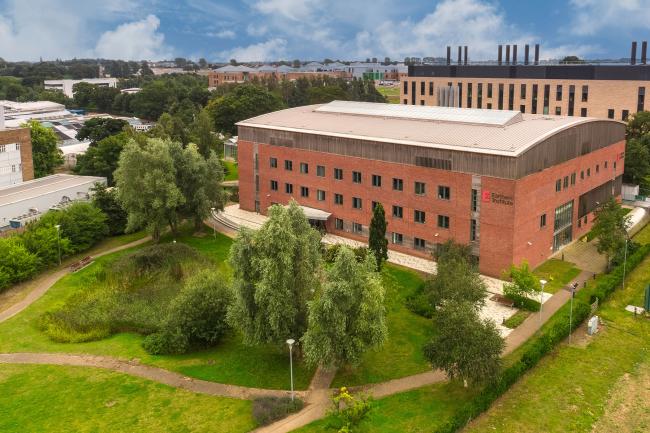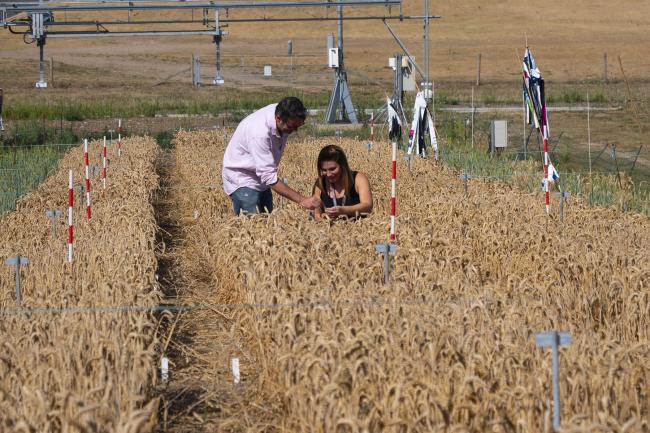
The collaboration brings together the collective expertise of the Earlham Institute, IBM Research, the Science and Technology Facilities Council (STFC) Hartree Centre, and RAGT Seeds UK with the aim of simplifying and speeding up the transition of cutting-edge genome research tools, workflows, and software into industrial applications.
The one-year Excelerate project is part of the Hartree National Centre for Digital Innovation (HNCDI) programme from STFC designed to close the gap between academic and industrial applications of digital technologies - such as artificial intelligence (AI) and quantum computing.
The UK is home to some of the most exciting and innovative life science research. Institutions are pioneering the use of new technologies to overcome issues of scale and complexity in data-intensive bioscience, such as developing approaches that could be used to accelerate crop breeding in line with EU safety and ethical regulations.
At the Earlham Institute, this includes crop pangenomes and the tools required to analyse them, developed through its Decoding Biodiversity strategic programme - funded by the Biotechnology and Biological Sciences Research Council (BBSRC), part of UKRI.
But the transition of this knowledge into usable technology - and its uptake by industry - remains a significant challenge.
“Modern plant breeding practices are based on understanding and then using genetic resources - made possible by digital innovations - that breeders can incorporate into their programmes,” Professor Anthony Hall, project lead and Head of Plant Genomics at the Earlham Institute explained.
“Bioinformatics and machine learning techniques are playing an increasingly important role in deciphering genetic diversity. But they bring significant overheads in terms of the bioinformatics skills and computing power required to develop and implement new workflows.”
The plant breeding industry has a crucial role to play in addressing the global challenges of food security, water conservation, and net zero. To realise the enormous potential of UK science and innovation, initiatives are needed to bridge the gap between research and industry.
This new project brings together leaders from academia and industry to provide cloud-based tools that can be easily adopted by the plant breeding companies to support the development of next-generation crops with greater climate resilience and improved nutritional properties.
The Earlham Institute is working with IBM Research and STFC to develop new cloud-based tools - including those optimised for exploring plant pangenomes - which RAGT Seeds UK will be road testing.
“The Earlham Institute is home to some amazing research infrastructure, innovation, and expertise,” says Professor Hall. “This helps us to develop the technology needed to answer the big questions that will be critical in addressing urgent global challenges, such as how we find new sources of diversity for breeding more resilient crops.”







